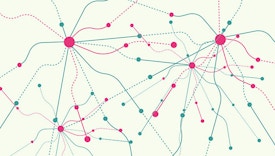
Helen Bateup, Ph.D.
Associate Professor, University of California, Berkeley
SFARI Investigator, SFARI Scientific Review Board WebsiteHelen Bateup graduated from the Rockefeller University in 2008 where she completed a thesis with Paul Greengard using genetic mouse models to determine the cell type-specific consequences of dopamine signaling on striatum-dependent behaviors. From there, she joined Bernardo Sabatini’s lab as a postdoctoral fellow at Harvard Medical School to study how mutations in the ASD-risk gene TSC1 affect synaptic function and excitatory/inhibitory balance in the hippocampus. In 2012, Bateup started her lab at the University of California, Berkeley, in the Department of Molecular and Cell Biology where she is a member of the Helen Wills Neuroscience Institute.
The goal of Bateup’s research is to understand the cellular and molecular basis of ASD and related neurodevelopmental disorders. Her focus is on determining how genetic insults linked to ASD affect the synaptic and cellular physiology of neurons that control social and motor behaviors. To do this, her lab takes a multifaceted approach incorporating genetic, biochemical, electrophysiological and behavioral analyses in genetic mouse models of ASD. In addition, she is investigating the early developmental alterations that may contribute to neurodevelopmental disorders using genetically engineered and patient-derived human cerebral organoids


